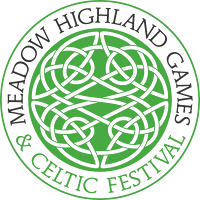I hope the last few posts have really whet your whistle to come see Scotland with us. It is an amazing and beautiful country and there may actually not be anything better than finding a lovely corner to sit and play the harp together. We visited some wonderful sites and were invited to play at incredible places. And we’re looking forward to sharing it with you in 2011.
Of course, travel can be challenging – there’s so much to see, so many people to meet, so many photos to take, so many dishes to try, so many tunes to learn – it can be overwhelming! But as musicians, we know the path to success – the way to be ready for these eventualities, what it takes to face a long day of learning, being excited, and having fun…it takes discipline and PRACTICE (you knew I was going to say that)!
But how would you practice to travel? The best way is to have a goal (which is both an achievement and a time frame). I’d suggest the easiest way to set your harp travel goal is to book your trip with us as soon as possible.
Once your goal is set, then you need to prepare to ensure that you are ready to visit places and meet people, be awed and amazed, open to new things and ideas and to play your harp.
One way to set your mind can be part of the discipline of getting ready for the holiday season. you will probably be playing Christmas music, so learn some traditional Scottish tunes. Learn them by ear if you’re able. I am very fond of the well known Christ Child’s Lullaby and Da Day Dawn (its never too early to celebrate a holiday after all).
And as the new year swings around, continue to play your favorite traditional tunes, preferably with other music makers, enjoying the the ambiance of playing all together and enjoying the laughter and camaraderie.
Prepare your mind to learn new things, see new places, gather new tunes, and enjoy. If you do these things regularly, you’ll be ready when you join us in Edinburgh and we begin our adventure!







